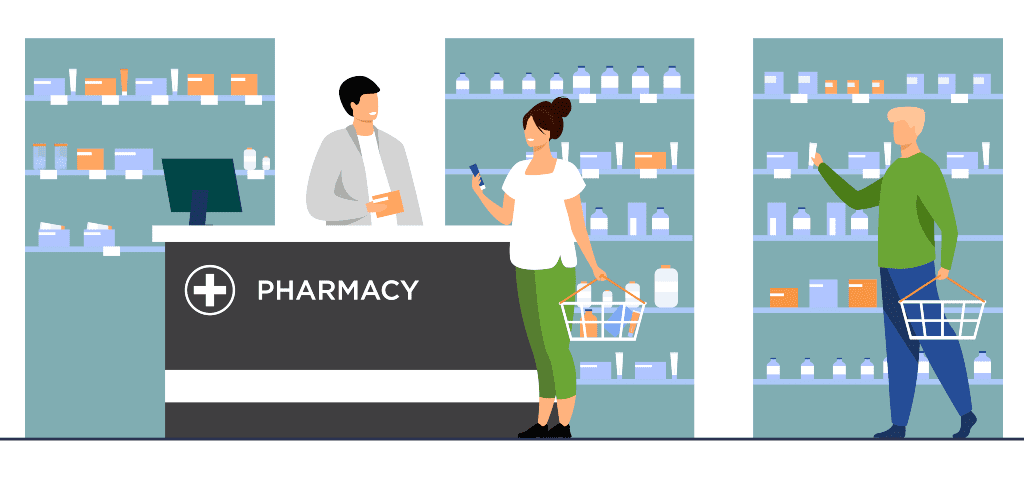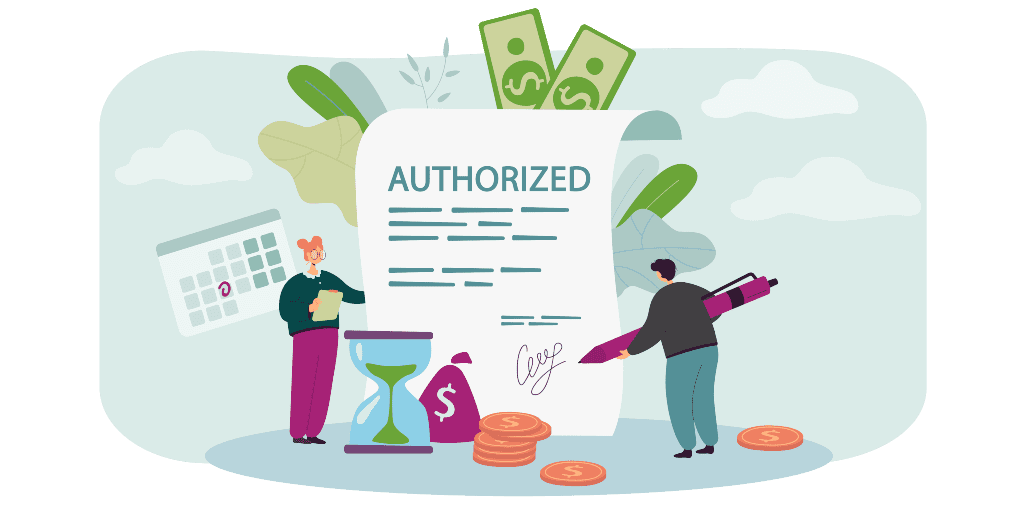
Whether navigating a new prescription or you have been on medications for a while, it is good practice to brush up on medicine safety. Medicine is typically prescribed to you by a doctor or medical professional who is licensed to do so. Always ask questions when receiving a new medication, such as:
• When exactly should I take my medicine?
• Is it safe to take vitamins or other medication when I take my new prescription?
• Once I feel better, can I stop taking this medicine?
• What are the side effects of this medication?
Medicine safety is important, because it can hurt you if you take too much or mix medicines that do not react well together. Many people report complications with their medication each year, some serious, because of taking the wrong medicine or not taking the right medicines correctly.
Here Are 4 Ways to Be Smart & Safe with Your Medication
1. Give Your Health Care Team Important Information
You and your healthcare team are partners in your wellness plan. Tell them about all the medicines, vitamins, herbals, and dietary supplements you are taking. This includes:
• Prescription medicines
• Medicines you can buy without a prescription, such as aspirin, diet pills, antacids, laxatives, allergy medicine, and cough medicine.
• Vitamins, including multivitamins.
• Dietary or herbal supplements such as St. John's wort or gingko biloba.
Be sure to tell your health care team:
• If you have allergies (including medicine-related allergies) or if you have had problems when taking a medicine in the past.
• About other doctors or health professionals who have prescribed medicine for you or suggested that you take a vitamin or herbal supplement.
• If you are pregnant, may get pregnant, or are nursing.
• About any other illness or medical conditions you have, like diabetes or high blood pressure.
• If cost is a concern. There may be another medicine (a generic version) that costs less and will work the same.
2. Get the Facts About Your Medicine
Ask questions about every new prescription. Get the answers you need from your health care team before you take your medicine.
If your doctor writes your prescription by hand, make sure you can read it. If you can't read your doctor's handwriting, your pharmacist might not be able to either. If your doctor submits your prescription directly to the pharmacy, ask for a copy.
Ask your doctor to write down on the prescription why you need the medicine. For example, not just "take once a day" but "take once a day for high blood pressure." If you have concerns, write down your questions ahead of time and bring them to an appointment with your doctor or when stopping at the pharmacy.
By asking questions now, you may prevent problems later.
• Be sure to write down what your health care team tells you about your medicine so you remember later.
• Bring a friend or family member with you when you visit the doctor. Talking over what to do with someone you trust can help you make better decisions.
• Try to use the same pharmacy so all your prescription records will be in one place.
• Read and save the information that comes with your medicine. It's often stapled to the bag from the pharmacy.
• Keep a list of all the medicines, vitamins, and dietary supplements or herbs you take. Add new medicines to the list when you start taking something new or when a dose changes. Show the list to your doctor and the pharmacist.
• Make a copy of your list. Keep one copy and give the other to a family member or friend
• Store all medicines together in one designated location in a dry and cool place. The kitchen and the bathroom are bad places to store medicine because of heat and moisture.
• Make sure medicine does not freeze if you store it in the refrigerator.
• Throw away any medicine that has expired or that your doctor has discontinued. (Ask your doctor or pharmacist for advice on how to throw away your specific medication.)
3. Stay with Your Treatment Plan
Now that you have the right medicine, you'll want to carry out the treatment plan. That's not always easy. Medicines may cause side effects. Or you may feel better and want to stop before finishing your medicines.
• Take all the antibiotics you were prescribed. If you are taking an antibiotic to fight an infection, it is very important to take all of your medicine for as long as your doctor prescribed even if you feel better. If you don't finish, the infection could come back and be harder to treat.
• Ask your doctor if your prescription needs to be refilled. If you are take medicine for high blood pressure or to lower your cholesterol, you may need your medicine for a long time.
• If you are having side effects or other concerns, tell your doctor. You may be able to take a different amount or type of medicine.
• Your medicine was prescribed only for you. Never give your prescription medicine to anyone else or take prescription medicine that wasn't prescribed for you, even if you have the same medical condition.
• Ask whether you need blood tests, x-rays, or other tests to find out if the medicine is working, if it's causing any problems, and if you need a different medicine. Ask your doctor to tell you what the tests showed.
4. Keep a Record of & Track Your Medicines
Many products can help remind you to take your medicine on time and keep track of how much to take. There are containers you can fill with your pills for each day of the week, calendars to check off, and even products that fit on top of a pill bottle. Ask your pharmacist for help finding the right product for you.
What is a generic medicine? Generic drugs are safe, effective, and approved by the U.S. Food and Drug Administration (FDA). They have the same dosage, safety, quality, performance, and strength as brand name drugs. The color or flavor of a generic medicine may be different, but the active ingredient is the same.
After the patent runs out on a brand name drug, companies can apply to the FDA to make a generic copy of that drug. Generic drugs usually cost less than brand name drugs.
If you find yourself in possession of unused, expired medications, remember to dispose of them properly for the safety of yourself, your family, and others. The best way to dispose of your expired, unwanted, or unused medicines is through the drug take back program, or you can do it at home.
Learn more about disposing of expired medications >>
This guide was developed by the Agency for Healthcare Research and Quality (AHRQ) and the National Council on Patient Information and Education (NCPIE).


